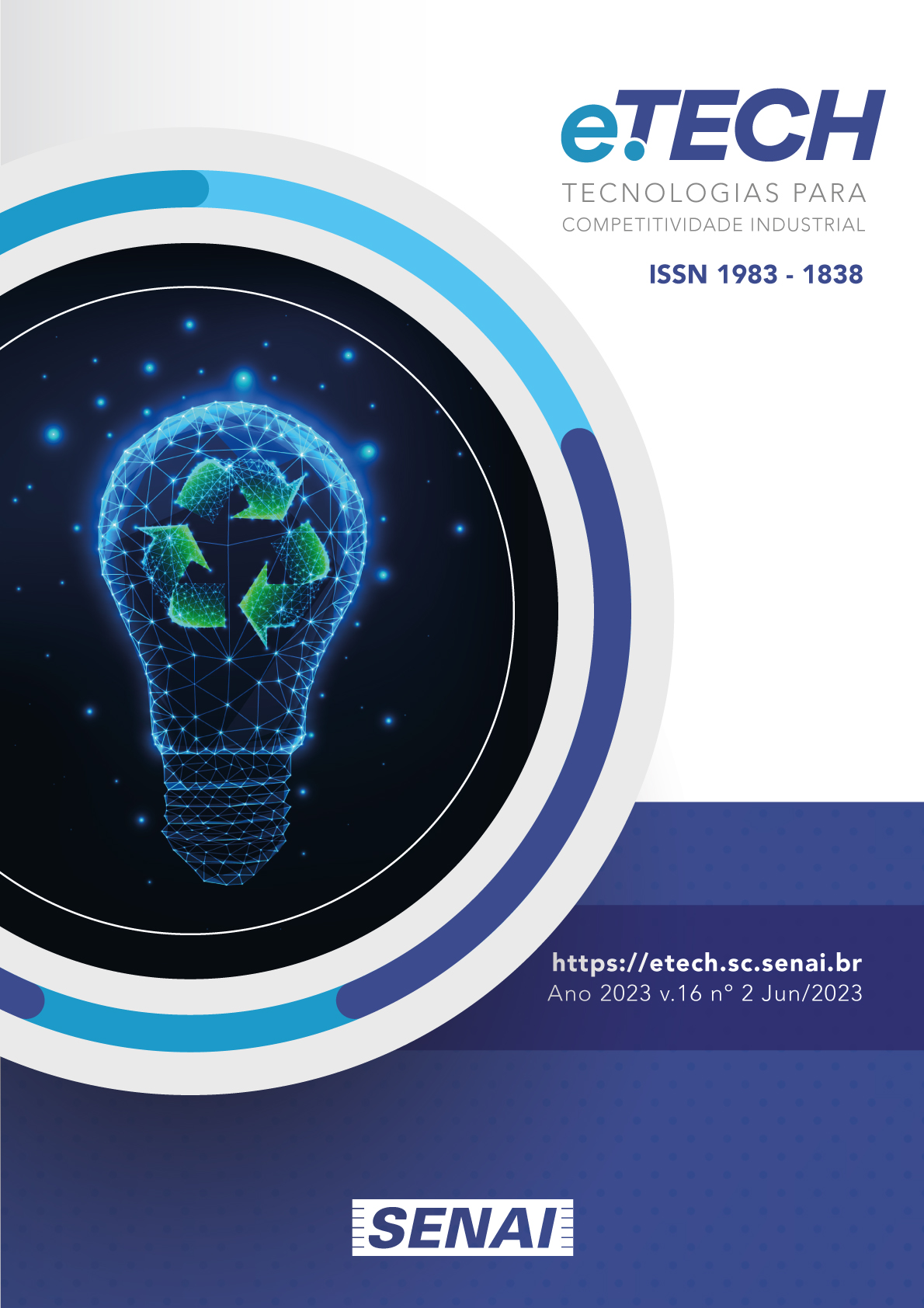Operational Feasibility Study for Conversion of a Combustion Traction Motorcycle to Electric
DOI:
https://doi.org/10.18624/etech.v16i2.1278Abstract
The global increase in the motor vehicle fleet has triggered environmental, health, and safety concerns due to the predominant use of fossil fuels. This study is motivated by the need to reduce air pollution and mitigate climate change through the development of electric motorcycles. Brazil and other regions face significant environmental challenges marked by high emissions of greenhouse gases and air pollutants, with motorcycles being significant sources of harmful emissions. Electric motorcycles offer various advantages, such as zero emissions, reduced maintenance and operating costs, and the ability to recharge at home or public stations. The continuous evolution of electric batteries enhances the viability of electric motorcycles as transportation alternatives. However, factors such as range, maximum speed, and recharge time need to be considered to ensure consumer acceptance and contribute to reducing pollutant emissions and improving urban air quality.
This article aims to analyze the operational feasibility of converting combustion motorcycles to electric. The research is part of a project funded by FAPESC and executed by the Centro Universitário SENAI/SC - Campus Joinville. The analysis includes performance, range, and recharge time, as well as the selection and sizing of necessary conversion components, such as the motor, battery, speed controller, and regenerative braking system. The choice of the electric motor fell on the Motenergy ME1004 (ME1910), a brushed DC motor suitable for high currents and speed control.
In the 'SISTEM' project, funded by FAPESC and executed by the SENAI-SC Institute of Manufacturing Systems Innovation - ISI Manufacturing and UniSENAI - Campus Joinville, a custom transmission system is developed for electric motorcycle propulsion. The goal is to contribute to the advancement of mobility engineering by providing a complete conversion from internal combustion to electric propulsion, considering economic and operational feasibility aspects.
Downloads
Downloads
Published
How to Cite
Issue
Section
License
Copyright (c) 2023 Lucas Moreira de Lacerda, Vinicius Gabriel Sotero, Rafael Cuchi, Anderson de Carvalho Fernandes, Luís Gonzaga Trabasso, Thais De Jesus Schmitt Ballmann, Bruna Zappelino Camillo

This work is licensed under a Creative Commons Attribution-NonCommercial 4.0 International License.
Esta licença permite que os reutilizadores distribuam, remixem, adaptem e desenvolvam o material em qualquer meio ou formato, desde que a atribuição seja dada à revista. A licença permite o uso comercial.






